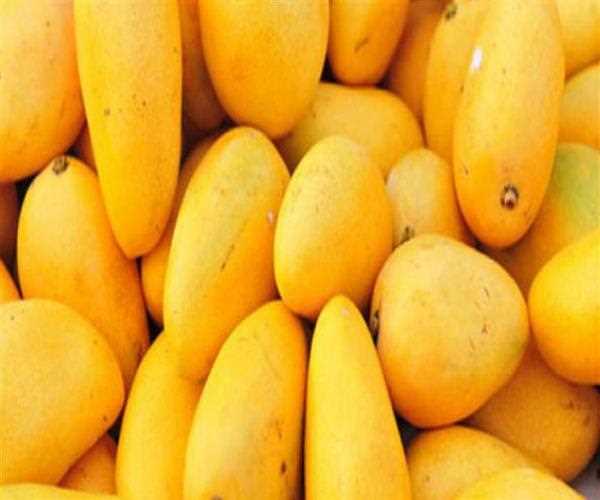An overview
Calcium carbide (CaC2), a carcinogen, is widely used for the artificial ripening of mangoes. Using CaC2 for mango ripening results in serious health issues like neurological disorders, ulcers, hypoxia, memory loss, etc. The instability of CaC2 in water makes its detection complex. Identifying artificially ripened mangoes and quantifying CaC2 in such fruits help prevent related health problems.

Read also: what-is-the-chemical-formula-for-hydrogen-carbonate?
In addition, the diffusion of calcium hydroxide (Ca(OH)2) and acetylene (C2H2) into mangoes make it more challenging. In this scenario, an electrochemical CaC2 biosensor with a platinum (Pt) working electrode surface was modified by a ceria (CeO2) nano-interface and acetylcholinesterase (AChE) enzymes were developed.
The mechanism involves competitive inhibition of the Pt/CeO2/AChE bioelectrode by combining calcium peroxide (CaO2) and C2H2. Different aspects of electrode immobilization with the nano-interface were probed using cyclic voltammetric and amperometric studies.
The fabricated Pt/CeO2/AChE bioelectrode exhibited a LOD of 0.6 nM with a linear range of 1–20 nM and % recovery in the field of 97.89–104.82.

Due to its nature, commercial CaC2 is consistently found to contain impurities such as Arsenic and other toxic and carcinogenic chemicals.
Few studies have only reported acute associative effects of CaC2, whereas there is only sparse evidence of its chronic and long-term impact. This article reviewed all the information on the nature of commercial CaC2 used for food processing.
Meanwhile, all reports on the acute effects of CaC2, such as skin burns, skin irritations, and inflammation, were summarized.